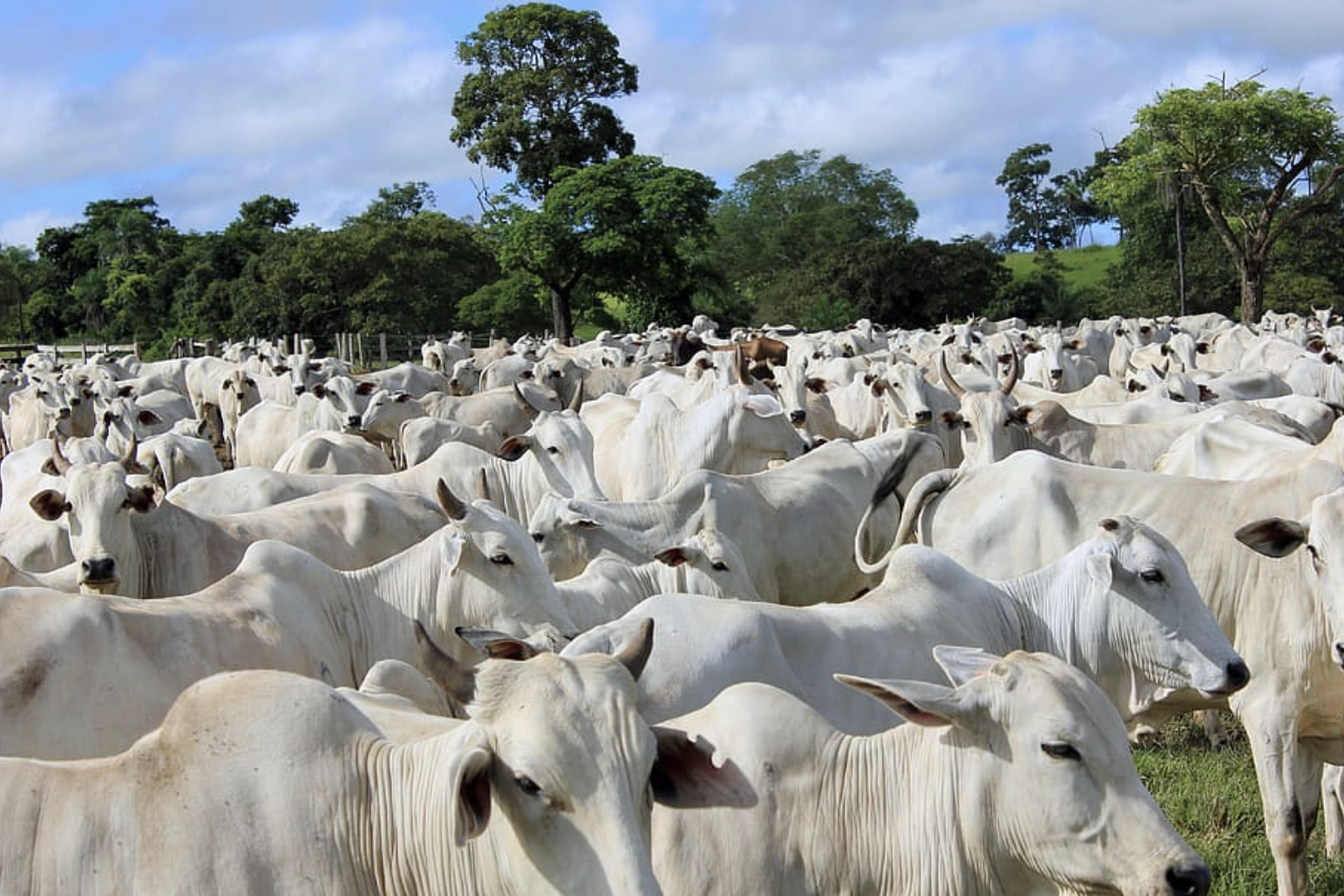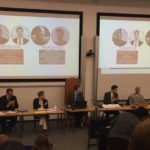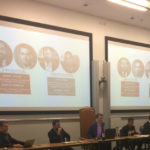
As of the moment I write this article, we have 7 years, 251 days, 16 hours, 19 minutes and 47 seconds before the effects of climate change become irreversible, and the detriment to our planet is permanent. This time is crucial, and should incite a new motivation for international organisations, governments, and transnational corporations to install drastic preventative and innovative methods to avoid raising the global temperature above 1.5ºC. However, both companies and political representatives continue to deflect and circumvent blame by relying on the individual to be the driver of any climate change strategy.
The role of the individual, however, should not go unnoticed. We still have an integral role in alliviating climate pressures. First and foremost, mitigating your meat and dairy intake is essential. From increasing greenhouse emissions due to the overpopulation of farming animals, to the decimation of carbon sinks seen via land degradation and deforestation that supports the cultivation of soya to feed them; animal agriculture is one of the leading causes of climate change in the twenty-first century. Shockingly, some statistics conclude that the top 20 meat and dairy companies emitted more greenhouse gas in 2016 than all of Germany, Europe’s biggest climate polluter. Recent inquires into animal agriculture has revealed shocking data that has opened up a new quandary for meat eaters. The industry is solely responsible for emitting 7.1 gigatons of greenhouses gases annually—that’s 14.5% of total man-made emissions.
The entire contents of our chosen diet undeniably contributes to climate change. The consumption of beef is undeniably the most damaging. Just a 1/3-pound burger requires 660 gallons of water to produce. High water consumption will exponentially increase our carbon footprint. Water scarcity is a human-security issue especailly concentrated in developing nations. It seems nonsensical for the consumption of resources to be wasted on the production of fast-food to meet western demand. In the United States, the production of corn and soy takes up more than a third of agricultural land, with humans consuming less than ten percent of this production. The rest is almost exclusively to feed cattle. Such land could be reclaimed and repurposed to help climate action; instead of hindering it.
One of the most valuable ecosystems in the world, the Amazon Rainforest, has been devastated beyond repair by rampant deforestation. The cause of which: cattle ranching. According to one report, an estimated 70 percent of deforestation in the Amazon basin can be attributed to the grazing of cattle. The global greed for meat has encouraged illegal agricultural development , on land, that is said to be protected by the Brazilian government. In fact, Brazil has become the world’s leading exporter of beef, therefore money remains at the heart of the raising and slaughtering of cattle. It seems personal wealth always takes priority over environmental preservation, despite the Amazon’s status as the ‘lungs of the Earth’. To think of the changes to biodiversity, destruction of our ecosystems, and the constant extinction of endangered animal species, just to sustain out collective reliance on meat is a tough pill to swallow.
Individual changes both can and must be made. If you are reliant on meat for its nutrients, most commonly the protein and B12 contents, try to make a conscious decision every time you purchase it. Local and organic meats with small transportation millage is ideal. Evolving production of meat replacements is designed to make the transition from meat-eating to vegetarianism that bit easier. Their similarity in taste and often appearance can help to aid a potential change in diet. Realistically, this needs to be the diet of the future. Cheap meat, flown or transported, hundreds of miles away is not feasible. While we wait for structural change, we must create change within our day-to-day lives.



Average Rating